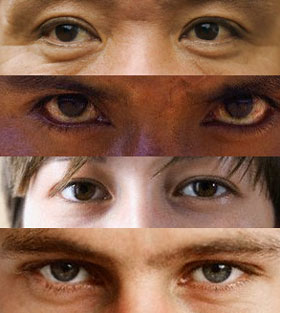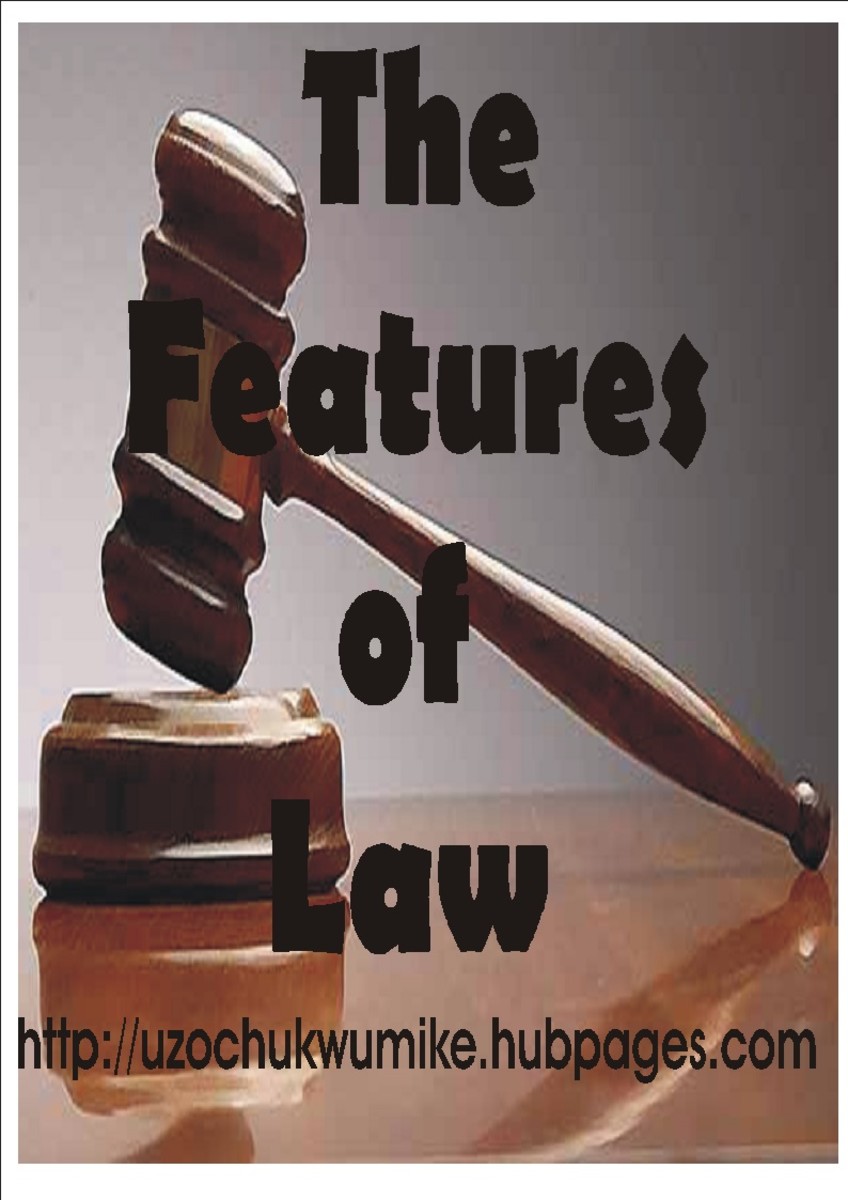Racial Profiling and the Arizona SB 1070 Law: pros and cons analysis

Introduction
One of the biggest objections over the new Arizona law about "immigration" was "racial profiling". One of the provisions in the new law allows law enforcement officers to stop, detain, or arrest a suspect, if the officer can document "reasonable suspicion" of that person being an illegal alien. The objections claim that because it is not possible to tell who is an illegal immigrant or not, this is nothing but blatant racial profiling aimed at Latinos.
So what is racial profiling, and why are people so sensitive to it?
Racial Profiling -- good vs. bad
Amnesty International defines racial profiling as follows:
According to Professor David Harris of the University of Toledo College of Law, a leading expert on racial profiling, criminal profiles are a set of personal and behavioral characteristics associated with particular offenses that police use to predict who may commit crimes in the future, or identify what type of person may have committed a particular crime for which no credible suspect has been identified or eye-witness description provided. Criminal profiling becomes racial profiling when these characteristics include race, ethnicity, nationality, or religion.
So in other words, profiling is a way to narrow down the number of suspects, and "racial profiling" is when such criteria includes race, ethnicity, nationality, or religion.
That is not necessarily bad. The more characteristics you include, the narrower the field of suspects. However... There are actually two ways to use racial profiling: to narrow the field of suspects, or to concentrate investigation on a particular field. The former is legal, the latter is what we actually often refer to as "racial profiling". Just to clarify, let us name them "good racial profiling", and "bad racial profiling". What we do NOT want to happen is "bad racial profiling".
For example: let's say you got a report of a robbery, and uh... the suspect is described as "Latino". Thus, there is no point in looking at suspects who are white, black, or Asian. Right? That is perfectly legal, and helpful profiling. In this case, racial profiling narrowed the field of suspects. Other characteristics, if present, will narrow the field even more. That is "good racial profiling".
However, racial profiling can also be used in a bad way, what we describe as "bad racial profiling", where the law enforcement decide that a certain group, because of their propensity to commit crime, should have concentrated enforcement, just BECAUSE they are so. That barely makes sense, so here is an example: say... cops got the statistics from last year: uh... 78% of Latino drivers pulled over have drugs in their cars (I'm just making these numbers up!) So cops decided they will stop all Latino drivers that come across, as they are more likely to find drugs than if they stopped a random driver. THAT is bad racial profiling.
Bad Racial Profiling is Dangerous
'Bad' racial profiling is not simply discriminatory, but it also DELAYS justice, when the perpetrator do NOT fit the profile.Remember, profile is not 100% accurate. When the offender do not fit the profile, enforcement efforts are spent chasing down the wrong suspects.
The Beltway sniper case that occurred near Washington D.C. in 2002 is a great example of 'bad' racial profiling. Police didn't have many clues, so they relied on national profiles on a typical sniper... one white guy, gun collection, probably a van. The end result is completely different: two black guys, one rifle only, in a large modified sedan. Later checks showed that police stopped the dark Caprice several times,
but let it go each time, because it was not linked to any criminal activity, and
they really were looking for a white van or white box truck. At the end, they got lucky when they found the suspects asleep in the car.
Another example of 'bad racial profiling' was the Oklahoma City bombing of 1995. For days, even weeks, some police agencies were still chasing "Arab terrorists". The perpetrator turned out to be Timothy McVeigh, completely American, white.
Police agencies were under tremendous pressure to solve "big" crimes widely reported in the media, and often they have to at least "appear" to be doing something, even when there is simply not enough evidence to formulate a response. That is when many turn to "bad" racial profiling.
Is all racial profiling 'bad'?
Racial profiling is still profiling. It is how the profiling data is used that makes it "good" or "bad". Good racial profiling simplifies police work and narrows down the field of suspects. Bad racial profiling is racial discrimination and lazy police work. The problem is, how do you tell the two apart?
Police departments and other agencies across the country are getting hammered on racial profiling. Amnesty International, American Civil Liberties Union, etc. went after police departments and other agencies who engaged in "bad" racial profiling, and I *do* admire them for that. However, in doing so, they failed to distinguish between the 'good' racial profiling, and the 'bad' racial profiling. Thus, leading most Americans to believe that ALL racial profiling is BAD, and should be banned. This is simply unwise.
In logical terms, this is called "fallacy of composition". The argument is
1) bad racial profiling is bad,
2) bad racial profiling is racial profiling
therefore
3) racial profiling (all types) is bad
It simply does not make sense. It's "throwing the baby out with the bathwater", so to speak.
What needs to be done is figure out how to tell the two types of racial profiling apart, and figure out how to stop the bad kind, instead of banning EVERYTHING.
Arizona law: good, bad, or too early to tell?
What many do NOT realize is that many Hispanics supported the bill in Arizona legislature. Steve Montenegro, a member of AZ legislature, originally from El Salvador, voted for the bill. He said the opponents have distorted the intent of the bill, and any one who is already here legally has NOTHING to worry. He also said that because the Feds did not do their part in controlling illegal immigration, Arizona have to do something about the problem.(reported by CBS news). Thus, not all see it as racial profiling.
Before this law, Arizona does NOT require police to question people about their immigration status. Indeed, many agencies simply prohibit officers from asking, because they fear that asking for such information would discourage illegal immigrants from reporting crimes, or cooperate in investigation of crimes. By eliminating race from the question completely, the police hoped to still catch bad guys, albeit with a bit of handicap.
So is the new Arizona law good racial profiling, bad racial profiling, or not racial profiling at all? It depends on what do the officers consider to be "reasonable suspicion" of being in the US illegally. Governor Brewer is requesting her staff to come up with a set of guidelines on what constitutes "reasonable" for this law. Thus, there is no answer yet. We will have to wait until what those guidelines are, and how the laws are implemented.
Conclusion
Racial profiling is a part of offender profiling, and it can be used, or abused, by law enforcement. It is the abuse that people worry about. However, that is not a reason to ban the use of such a useful technique. Guns can be used by criminals, yet guns are not banned outright (I know, a bit of oversimplification).
Arizona's law thus far shows no sign of actual racial profiling, because racial profiling is in the IMPLEMENTATION, not the law. Depending the actual implementation, it can be good, or bad. As the law have NOT been implemented yet, and guidelines have yet to be established, one should take a wait-and-see attitude before denouncing the law even before it has a chance to be implemented.
My other SB1070 Hubs
- Analysis of Federal Court Decision on AZ SB1070
On July 28th, 2010, Judge Susan Bolton has ruled that certain parts of SB1070 (as amended by HB2162, collectively known as - SB1070 and Double Jeopardy
On my other SB1070 hubs, a reader, Don, brought up an interesting line of thought. Because Arizona's SB1070 proscribed additional penalties for unauthorized / illegal immigrants/aliens, it subjected them to... - Immigration Dilemma: should ALL native-born be citizens automatically?
Immigration reform idea: a new class of immigrant? Should there be "provisional residency"? Should native-born children of illegal immigrants be made permanent resident first, citizen later? - Why Court Challenges to Arizona SB1070 will fail
Do you know why court challenges to Arizona's SB1070 are doomed? That's right, ACLU and others will lose. The AZ laws have been carefully written to defeat challenges. Find out why. - Arizona Senate Bill 1070: what is it really?
The national controversy about the new Arizona law, SB 1070, which modifies the immigration enforcements of Arizona law, is all over the place. Do you know what it really says and what are the complaints about?








